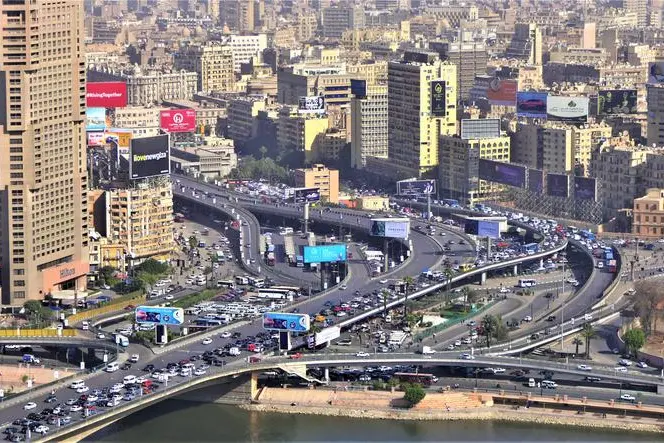PHOTO
CAIRO - Egypt's annual urban consumer price inflation slowed to 8.7% in July from 9.4% in June, official statistics agency CAPMAS said on Thursday, its lowest in nearly four years.
Egypt is approaching the end of a three-year IMF economic reform programme which saw inflation rise to a high of 33% in 2017.
July's rate defied analyst expectations since it followed a fresh round of fuel subsidy cuts that pushed domestic fuel prices up by 16%-30%.
"It seems that the energy price hikes may have had a smaller effect than many anticipated. But inflation in most other price categories eased too, suggesting that underlying price pressures are weakening," said William Jackson, Chief Emerging Markets Economist at Capital Economics.
Scaling back fuel subsidies that have been a strain on the budget for decades was a key plank of the $12 billion IMF reform package signed in 2016, as Egypt's economy struggled to recover from the turmoil that followed its 2011 uprising.
The changes were expected to push up prices for transport, food products and other goods.
"Inflation increased on a month-on-month basis, which reflects the rise in fuel prices, while the year-on-year figure eased reflecting the favourable base effects," said Nadene Johnson, an economist at NKC African Economics.
In July 2018, Egypt's headline inflation rate was 13.5%.
"It's great news for the markets because it reinforces hopes of interest rate cuts in August. I think the central bank now has enough room to restart its monetary easing policy going forward," said Allen Sandeep, head of research at Naeem Brokerage.
At its last meeting on July 11, the monetary policy committee kept key interest rates on hold at 15.75% and 16.75% for overnight deposit and lending respectively.
It last cut its rates in February. ($1 = 16.5100 Egyptian pounds)
(Reporting by Nadine Awadalla and Ehab Farouk Writing by Nadine Awadalla and Eman Kharoshah Editing by Raissa Kasolowsky/Mark Heinrich) ((Nadine.Awadalla@thomsonreuters.com;))





















